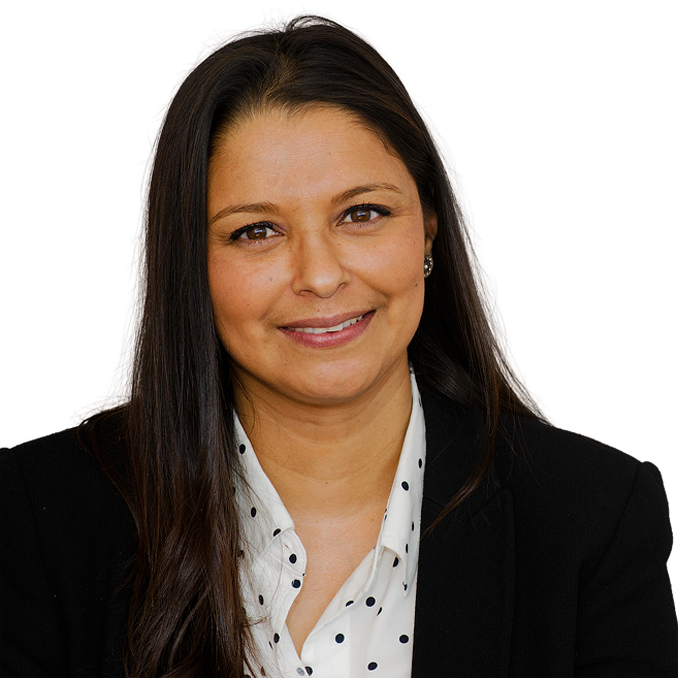 |
Main Research Theme: Novel strategies for the treatment and monitoring of water sourcesGroup Leader: Prof Wesaal Khan NRF Rating: C1
Contact details:
Office: JC Smuts Building A363 Phone: +27 21 808 5804 Email: wesaal@sun.ac.za |  | Links:
Waterspoutt
View Publications
|
Research overview
The fundamental aim of our current research is to provide communities in urban informal settlements and ultimately rural areas with a sustainable solution to water shortage and availability, by the utilisation of the under-exploited and natural resource, rainwater. At the basal level this aim will be achieved through the design, construction and monitoring of small-scale and large-scale domestic rainwater harvesting solar pasteurization treatment systems in Enkanini informal settlement, Stellenbosch. Currently it is estimated that 4450 residents inhabit Enkanini settlement, with approximately 2500 dwellings scattered throughout a steep, hill area. The Enkanini Household Enumeration Report (2012) also states that 32 communal taps are located throughout this settlement, with each tap servicing 139 individuals. Of 2207 residents interviewed, 49.5% indicated that they walked less than 200 m (< 5 min) to collect water, while 29.5% walked between 200 to 500 m (5 to 10 min), 15% walked between 500 m and 1 km (10 to 15 min) and 6% indicated that they travelled more than 1 km (> 15 min) to the nearest communal tap. While numerous research groups nationally and internationally focus on the assessment of the quality of rainwater, we are one of the few research groups implementing solar treatment strategies to significantly improve the quality of rainwater in order to supplement available potable resources. It is thus envisaged that the establishment of this pilot scale, and if successfully implemented future rainwater treatment systems, will present a sustainable development water solution for informal settlements and rural areas by meeting the immediate needs of the Enkanini inhabitants.
The multidisciplinary nature (social and applied science) of our research ensures that community members participate in numerous phases of the project. Before the on-site domestic roofwater harvesting (DRWH) treatment systems were implemented, a social perception study was thus conducted in Enkanini, which determined the community members’ knowledge on rainwater harvesting and identified the primary uses of rainwater in urban informal settlements. By August 2015, two small-scale treatment systems (tank capacity 125 L) were installed in Enkanini, while a large-scale system was installed at the Enkanini Research Centre (tank capacity 1500 L). In total ten households will be involved in the research phase of the project and a member from each household was invited to a workshop at the ERC (September 2015). Shortly after we implemented the treatment systems, community members enquired as to their role in the project and how much effort would be required to maintain and operate the systems. It was crucial that we address any concerns and the primary aim of the workshop was to explain the principle and simple operation of the treatment system as well as outline the basic maintenance and primary uses of the treated water.
Main projects
| Design, construction and monitoring of sustainable domestic rainwater harvesting solar pasteurization treatment systems in Enkanini informal settlement, Stellenbosch | Small-scale and large-scale domestic rainwater harvesting solar pasteurization treatment systems were established in Enkanini informal settlement. While general indicator and chemical analysis of the unpasteurized and pasteurized water will be conducted, various viability assays, such as viability-qPCR, will be optimised and applied to accurately determine the efficiency of the systems to reduce the level of pathogens in treated rainwater. |
| Sustainable point-of-use solar disinfection systems for rainwater treatment | Solar disinfection (SODIS) is a cost-effective and simple treatment system based on the synergistic effects of light (UV) and heat to inactivate bacterial, fungal, protozoan and viral contaminants in harvested rainwater. The primary aim of the project is to design and monitor a SODIS system for the large-scale treatment of rainwater. |
| Identifying the primary microbial and chemical source tracking markers in harvested rainwater for the detection of faecal contamination | Numerous pitfalls have been identified with the application of indicator bacteria for the analysis of water quality. Source tracking is defined as an investigation plan utilising host-specific markers to identify sources of contamination threatening water quality. Thus in order to supplement the general indicator analyses, we are currently applying microbial and chemical source tracking markers to identify the primary sources of faecal contamination in harvested rainwater. |
| Bioprospecting for novel biosurfactants and biosurfactant producing bacteria | Biosurfactants are secondary metabolites synthesised by actively growing and/or resting microbial cells (bacteria, fungi and yeast) and these chemical compounds have been reported to display anti-adhesive, anti-carcinogenic and antimicrobial properties, which make them versatile compounds, having numerous applications in the cosmetic, food, pharmaceutical and oil industries as well as in environmental bioremediation. The primary aim of the current research project is to identify biosurfactant compounds with a broad range of activity against bacteria, fungi and yeast pathogens. Once the biosurfactants are characterised, their remediation potential will be analysed by coating various surfaces utilised within the water distribution and treatment industries with these chemical compounds. |
| Water: Sustainable Point-of-Use Treatment Technologies (WATERSPOUTT) | This project is a collaboration between 16 research institutes based in Europe and Africa (including the Water Resource Laboratory at Stellenbosch University) and focusses on designing, developing and piloting new integrated solar technologies for point-of-use drinking water treatment for rural communities without access to safe drinking water throughout the world. |

